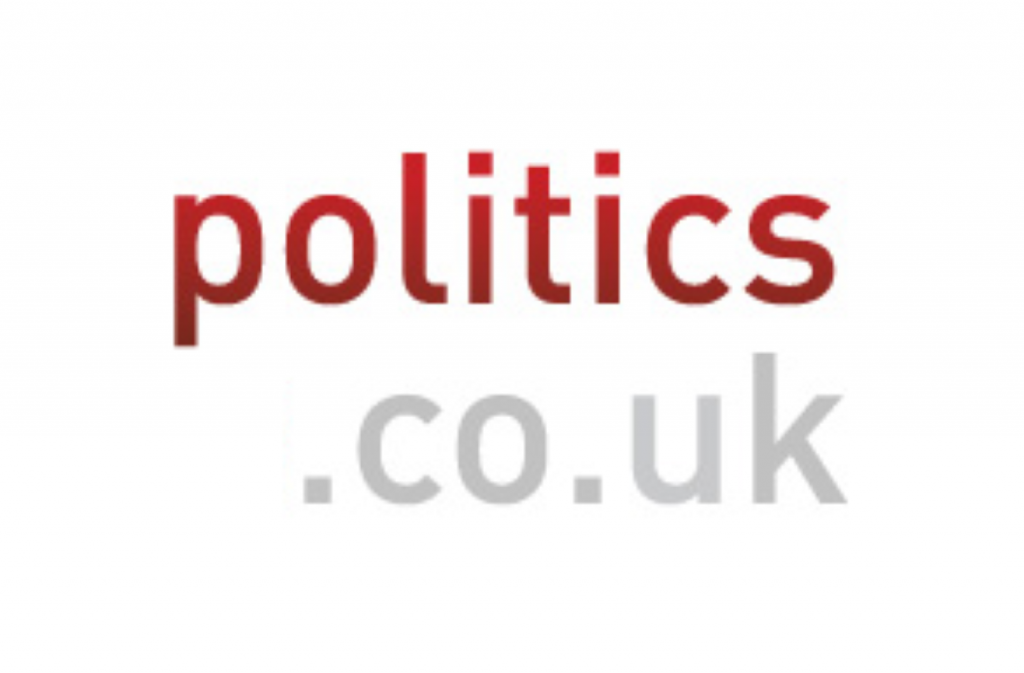Commons drops arcane terminology
The public will no longer be officially referred to as “strangers” when they enter the House of Parliament after MPs voted to axe the ancient practice.
MPs voted 242 to 167, a majority of 75, to drop the Parliamentary convention for substitute phrases “the public” or “members of the public.”
The term is used by MPs, House officials and Commons Standing Orders.
The House of Commons modernisation committee in July called for Parliament to become more accessible to the public and shed its private members’ club image.


Peter Hain, leader of the Commons, has said the “an ancient, medieval practice” of calling the public strangers was “ridiculous” and should be jettisoned.
Mr Hain has said citizens should not be treated “only on sufferance” but welcomed into the Houses of Parliament.
“It is their democracy after all. It is not MPs’ democracy or House officers’ democracy.”
The term “strangers” dates back more than four hundred years to times when the public was debarred from Westminster.
Mr Hain’s Conservative counterpart, Oliver Heald, said changing the terminology would strip away “the charm and magic” of Parliament.
“The suggestion that not calling members of the public strangers will improve the accessibility of Parliament to the public is surely misguided,” he argued.
“I agree we mustn’t be seen to have the public viewers at work only on sufferance but I believe that stripping away the charm and magic of this place is entirely the wrong way to approach the problem.”
It remains to be seen whether the Strangers’ Bar, Strangers’ Dining Room and the Strangers’ Gallery will face a name makeover.
Clare Ettinghausen, director of the Hansard Society, welcomed the move but warned against turning Parliament into a “fortress”.
“This must not be a case of one step forward, two steps back.’
MPs on Tuesday also backed reforms to the procedures for scrutinising legislation, including the timetabling of bills.
Critics said the reform would enhance the power of the executive over the Commons.











